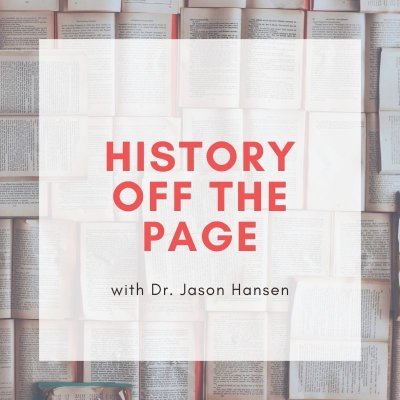This is a placeholder for your sticky navigation bar. It should not be visible.
In January 1918, American President Woodrow Wilson laid out his vision for a durable peace settlement that would end the Great War. Abandoning traditional diplomatic practices that called on losing powers to make territorial concessions to the victors, Wilson’s vision suggested a new Europe built on mutual respect and democratic principles. In doing so, his idealism gave the Entente war efforts renewed purpose, and laid the foundations for the postwar era. But how effective would Wilson’s ideas be? This episode examines the reception of Wilson’s ideas and the Paris Peace Conference of 1919, noting some of the ways his ideals salvaged 19th century European society. We’ll also discuss some of the conference’s failures, including the treaties it produced.
Margaret Macmillan’s award winning examination of the Paris Peace conference is perhaps the best entry point for anyone wanting to learn more about the nuances of the Paris Peace Conference. Thorough and detailed, it is highly readable and written for popular audiences. Highly recommended.
Erez Manela’s fascinating 2007 book examines the reception of Wilsonian ideas outside of Europe, where colonized peoples in Egypt, India, China and Korea enthusiastically took up his call for self-determination. Manela also shows the disappointment that followed as the European powers expanded rather than abandoned colonialism in the postwar era.
Robert Gerwarth’s provocative study examines the war after 1918, with particularly strong coverage of events in Russia and Germany. The situation in Hungary, Turkey and Fiume are also discussed in some detail.
For almost a century, most popular interest in the post-World War I era has focused on the Treaty of Versailles and the failures of the Peace Conference in Europe. Fromkin’s A Peace to End All Peace helps right this wrong with a sustained disucssion of the postwar period in the Middle East.




